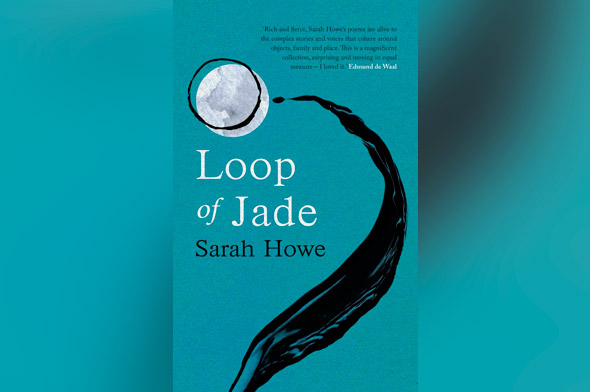Related Writers
Literature organisations
Discover more
Connections

Beyond the page
The Limits and Possibilities of Digital Writing
Exploring the boundaries of what digital spaces can offer

Translation
Green and Brown
by Inua Ellams

Literature, Live
Editorial: Literature, Live
Sam Ruddock reveals his love of literature events

Literature, Live
Sebastian Faulks in conversation
Spotlight on Cheltenham Literature Festival


